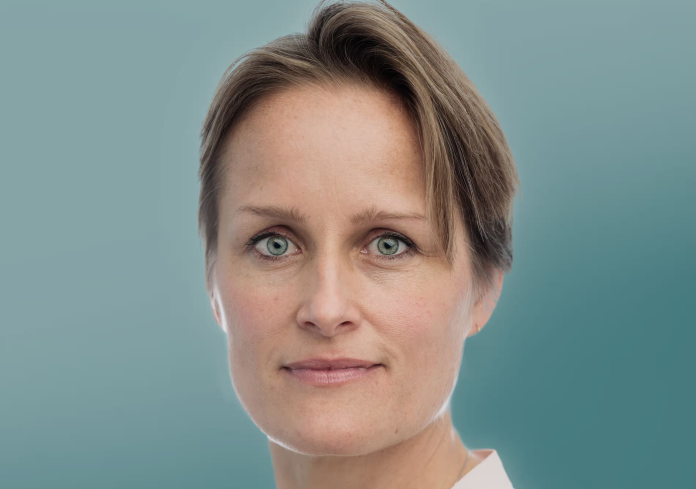UK Prime Minister Keir Starmer named Blaise Metreweli as the first female chief of Britain’s Secret Intelligence Service (MI6) in its 116-year history.
The appointment, announced on Sunday during the G7 summit in Canada, positions Metreweli—codenamed “C” like her predecessors—as the 18th director overseeing foreign intelligence operations. At 47, she brings 25 years of espionage experience, having joined MI6 in 1999 and risen through operational roles across the Middle East and Europe.
Her most recent post as Director General for Technology and Innovation, the real-world counterpart to James Bond’s gadget-master “Q,” involved developing cyber tools that aided allies like Ukraine.
Metreweli’s ascension shatters a longstanding gender barrier, though it follows earlier breakthroughs at sister agencies: MI5 had female chiefs Stella Rimington (1992–96) and Eliza Manningham-Buller (2002–07), while Anne Keast-Butler leads GCHQ.
In a statement, Metreweli emphasised collaboration, noting MI6 “plays a vital role in keeping the British people safe and promoting UK interests overseas.”
I am proud and honoured to be asked to lead my Service. MI6 plays a vital role, alongside MI5 and GCHQ, in keeping the British people safe and promoting UK interests overseas. I look forward to continuing that work alongside the brave officers and agents of MI6 and our many international partners.
Starmer called the selection “historic” and timely, citing “unprecedented” threats from “aggressors who send spy ships to our waters or hackers whose sophisticated cyber plots seek to disrupt public services.”
Steering espionage amid global crises
Metreweli succeeds Sir Richard Moore, who led MI6 for five years and cultivated close ties with former CIA director William Burns. Her tenure begins during a perilous chapter defined by escalating Middle East violence, the war in Ukraine, and strains in the transatlantic “Five Eyes” partnership.
US intelligence turmoil, including the firing of NSA director John Ratcliffe and proposals to eject Canada from Five Eyes, heightened European anxieties, though officials insist collaboration remains “uninterrupted.”
Moore’s legacy looms large in strategic priorities. In 2023, he declared China the agency’s “single greatest priority,” devoting “more resources to China than any other mission” due to its technological ambitions and global influence. He warned Beijing’s surveillance state and “debt traps” for developing nations demanded intensified focus.
Metreweli, an anthropology graduate from Cambridge, now inherits these challenges while championing institutional change. Moore had vowed to ensure his successor wasn’t chosen from “an all-male shortlist,” aligning with broader reforms to recruit “talented people from all backgrounds” beyond elite universities.
